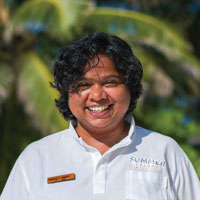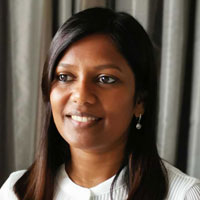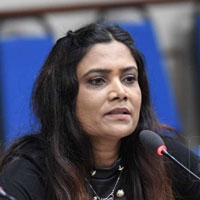We need to acknowledge that, as an industry, we do not have sufficient knowledge of the barriers that currently exist for women to be a bigger part of the industry. The main message that I would like to send to women is that working in the safari or liveaboard industry does not necessarily mean you have to live and work on a boat. Being on the sea is not for everyone, but there is a lot that goes on land to support our growing safari industry. Designing boats, promoting and managing the operations as well as working in the local islands to create excursions for the boats that visit the island. There are numerous other areas within the industry where women and girls can play a vital role as well. Dive instructors, surf and tour guides are all jobs women can do more flexibly while not necessarily being constantly onboard the safaris.
However, what I would like to encourage also is that, there are many options other than being a captain or a crewmember on a safari too. Chefs, dive instructors, surf guides and tour guides are areas that women can specialize and excel. It is not to say that girls cannot be captains or crews either. In fact, there are women already successfully working as captains, we just dont have enough of them.
Our liveaboard industry has also matured where accommodation for staff have also improved a lot. Safaris are now designed in such a way that there is more comfortable accommodation to support women and their needs.
Awareness to bring about a change in attitudes regarding womens role in the industry is very
much needed. We need to share more information regarding all these options and opportunities for school aged girls and their families to break the perception that the safari industry is a mans world




